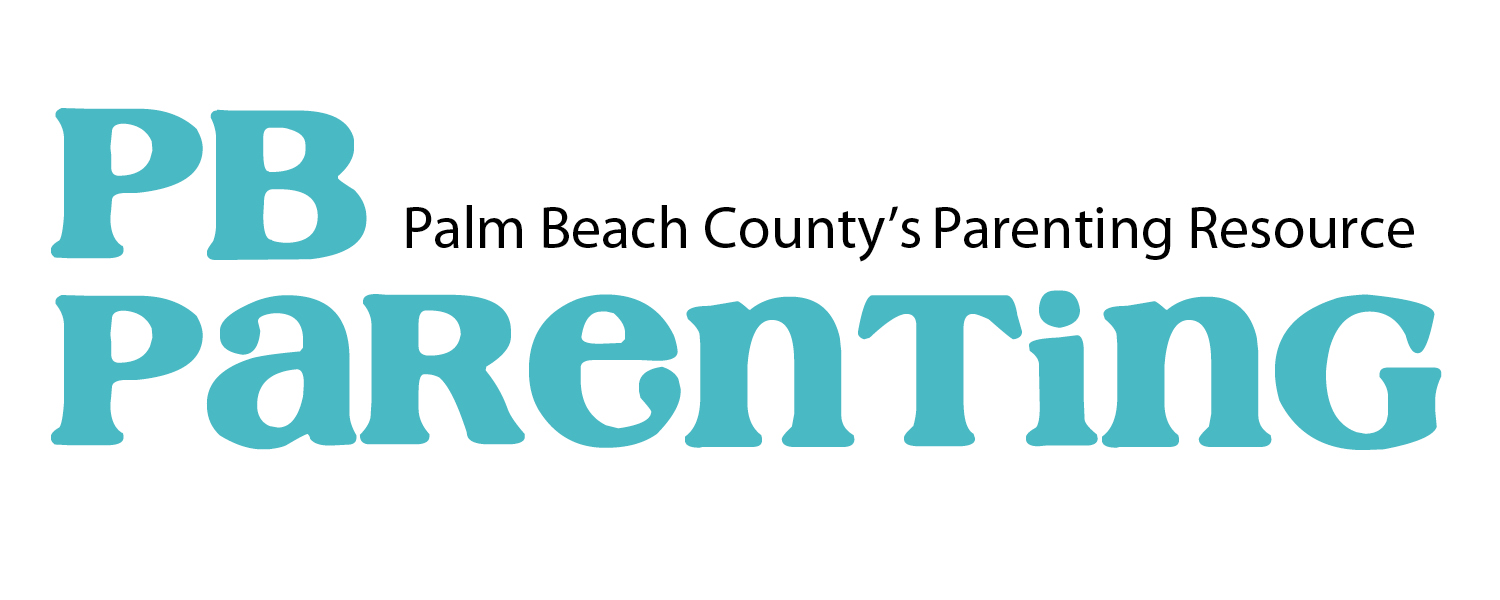Benefits of After-School Enrichment Programs

In a world where education is not confined to the walls of a classroom, after-school enrichment programs emerge as vibrant avenues for young learners to explore, grow, and excel. These programs extend far beyond textbooks and traditional curricula, offering a multitude of benefits that contribute to a child’s holistic development. Beyond the school bell, children have the opportunity to immerse themselves in activities that foster skills, confidence, and experiences that resonate well into their future.
1. Enhanced Time Management: Enrichment programs often require students to manage their time effectively to balance their regular schoolwork, extracurricular activities, and the program itself. This skill is valuable in both academic and personal pursuits.
2. Fosters Critical Thinking: Enrichment programs often engage students in activities that encourage critical thinking, problem-solving, and analytical skills. These skills can transfer to various aspects of their lives.
3. Cultivates Responsibility: Through participation in enrichment programs, children learn to take responsibility for their commitments, assignments, and tasks, fostering a sense of accountability that can benefit them as they grow.
4. Nurtures Curiosity: Enrichment programs typically expose children to new and diverse subjects, sparking curiosity and a desire to learn beyond what’s covered in standard curricula.
5. Develops Presentation Skills: Many enrichment programs involve presentations, performances, or projects that require children to communicate effectively and present their ideas in front of others.
6. Promotes Adaptability: Enrichment programs often introduce children to unfamiliar environments, challenges, and peers. This helps them become more adaptable and open to new experiences.
7. Encourages Lifelong Learning: By experiencing education as an enjoyable and engaging activity outside of regular school hours, children are more likely to develop a lifelong love for learning.
8. Cultural and Global Exposure: Some enrichment programs might focus on cultural exchange, global awareness, or language immersion, helping children become more culturally sensitive and globally aware.
9. Develops Resilience: Enrichment programs can present challenges that require perseverance and determination to overcome, which in turn helps children develop resilience in the face of obstacles.
10. Exploration of Passion: Enrichment programs provide a platform for children to explore their passions, hobbies, and interests in a structured and supportive environment.
11. Exposure to Role Models: Enrichment programs might bring in guest speakers or mentors who serve as positive role models, inspiring children to pursue their goals.
12. Enhances Communication Skills: Many enrichment activities involve collaborative projects, discussions, or teamwork, improving children’s communication skills and ability to work effectively with others.
13. Civic Engagement: Some enrichment programs emphasize community service or social awareness, encouraging children to actively engage in making a positive impact on society.
14. Cognitive Development: Enrichment activities, particularly those involving puzzles, strategy games, or hands-on experiments, contribute to cognitive development and intellectual growth.
15. Reduces Screen Time: Enrichment programs provide a productive alternative to excessive screen time, encouraging children to engage in real-world activities and interactions.
16. Prepares for Future Challenges: The diverse challenges presented in enrichment programs can help prepare children for future academic, personal, and professional challenges.
Remember that the specific benefits can vary depending on the type of enrichment program and the individual child’s engagement and experience.


